- JP
- EN
Tanker Business
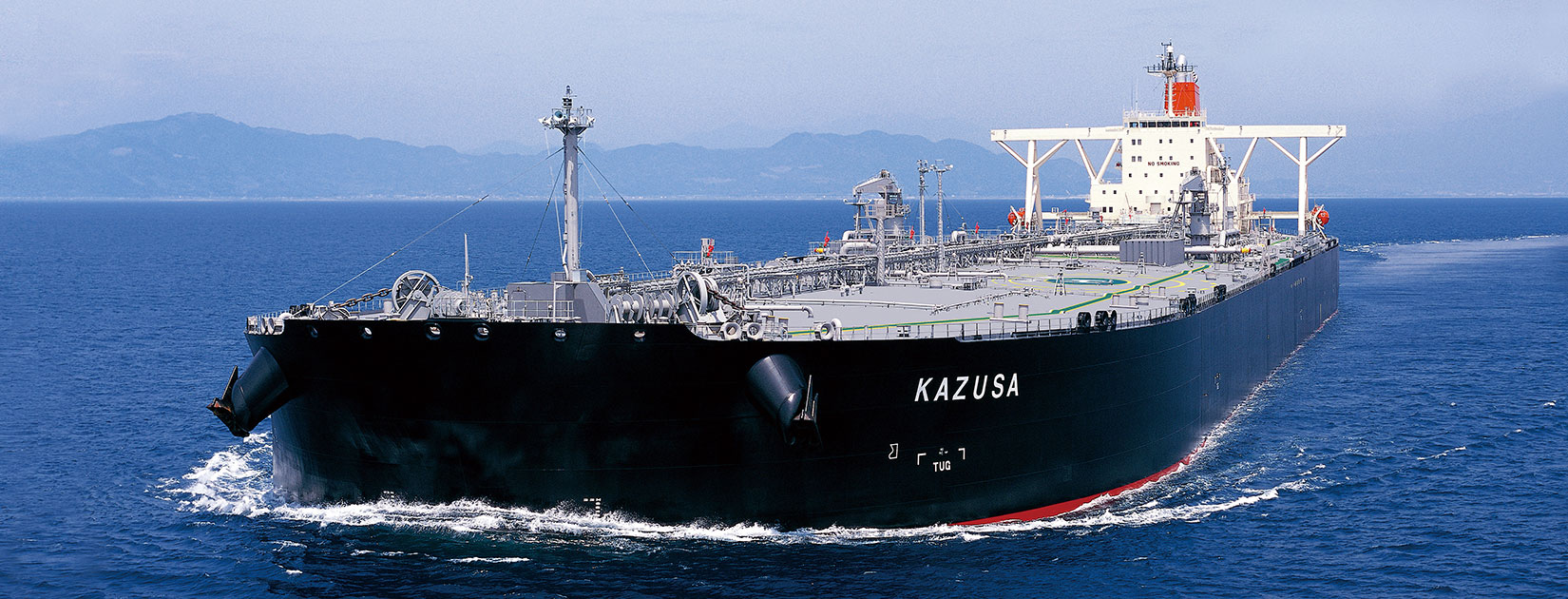
Outline of Services
The Liquefied Cargo Transport Expert
MOL's fleet includes very large crude oil carriers (VLCCs) of more than 200,000 DWT and smaller vessels called Aframax tankers, contributing to the stable delivery of crude oil all around the world. The fleet also has various types of vessels that meet specific cargo characteristics - product tankers that transport petroleum products such as gas oils, naphtha, and gasoline, LPG tankers that transport Liquefied Petroleum Gas (LPG), chemical tankers and methanol carriers that transport liquid chemical products, and ammonia carriers that attract attention as next-generation fuels.
To optimize customer service and provide safe and efficient transport, MOL integrates its high-level expertise in crude oil and petroleum and other liquefied cargo transport with group ship management companies that specialize in tanker operation. In addition, we provide specialized seafarer education and training for tanker operation and cargo loading and discharging at our training centers, and have developed a practical training system in which apprentice crewmembers actually serve aboard a tanker.
Furthermore, methanol is drawing attention as an environmentally friendly fuel that can reduce nitrogen oxide (NOx) and sulfur oxide (SOx) emissions. Ahead of other companies, MOL is constantly adapting cutting-edge technology such as dual-fuel engines capable of running on either methanol or fuel oil, as well as ammonia-fueled vessels to carry ammonia, with the aim of further reduction of environmental impact.
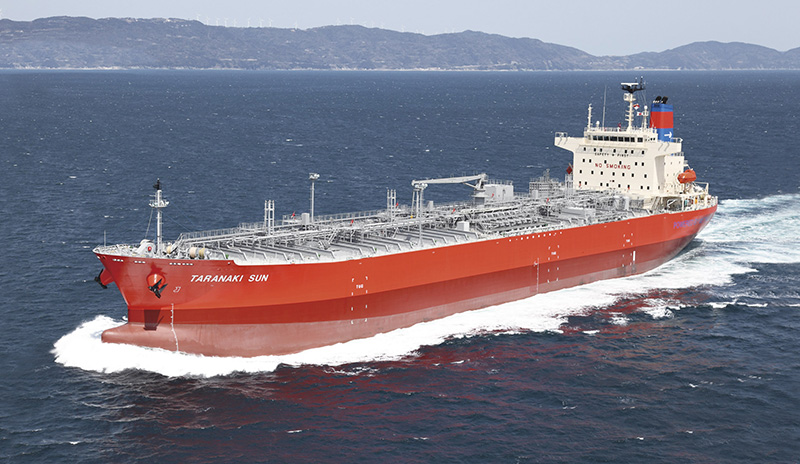
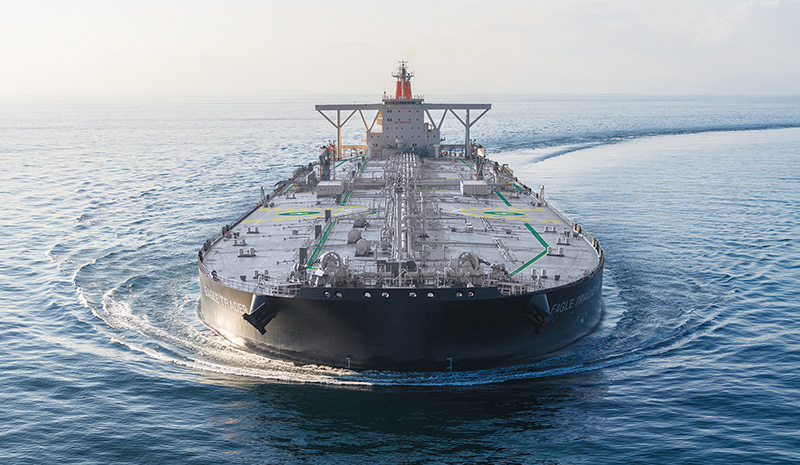
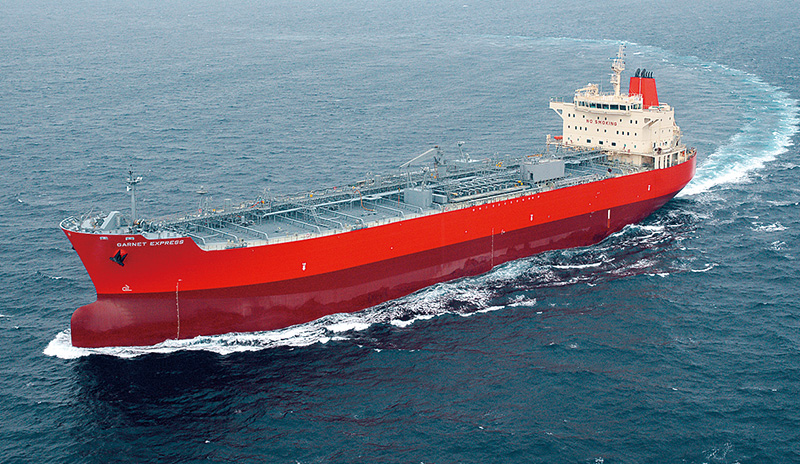
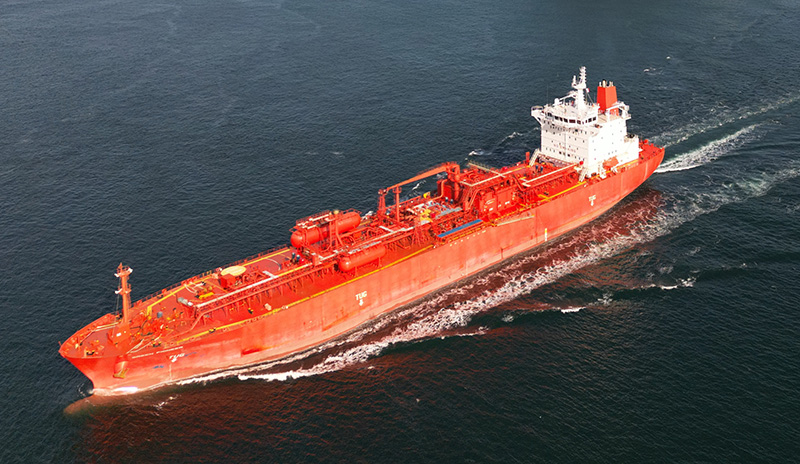
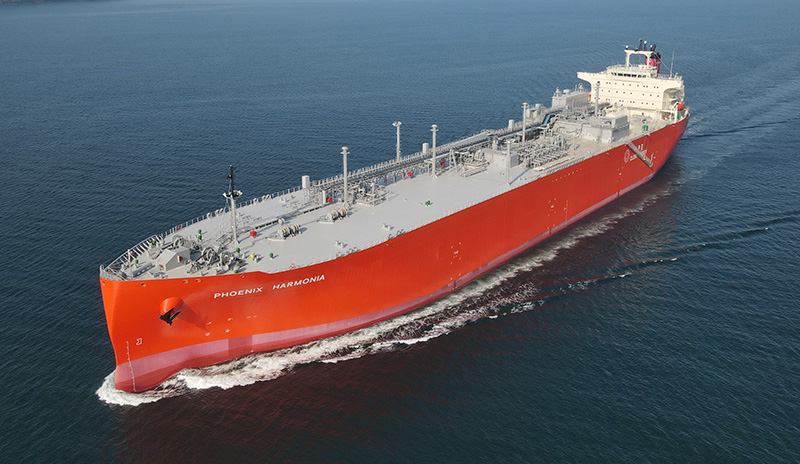
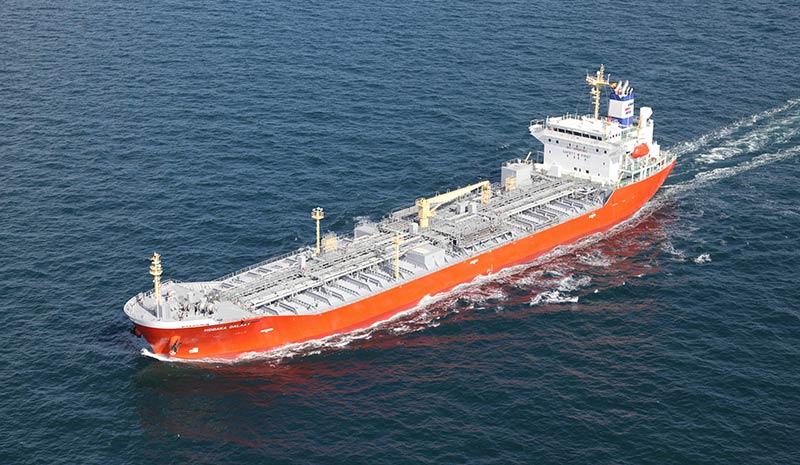
- Dry Bulker Business
- Tanker Business
- Liquified Gas Carrier Business
- LNG Infrastructure Business
- Offshore Business
- Offshore Wind Power Energy Business
- Containership Business
- Car Carrier Business
- Terminal Business
- Logistics Business
- Real Property Business
- Ferry and Coastal RoRo Vessel Business
- Cruise Business
- Tugboat Business
- Maritime Consulting
- Global HR consulting business




